
DevOps
DevOps (‘Development’ & ‘Operations’) – a mix of practices ( people / processes and technology), an evolving framework and tools that encourages faster development of new, secure delivery of software products.
They are essentially designed to increase an organization’s ability in delivering client’s software or release of newer updates.
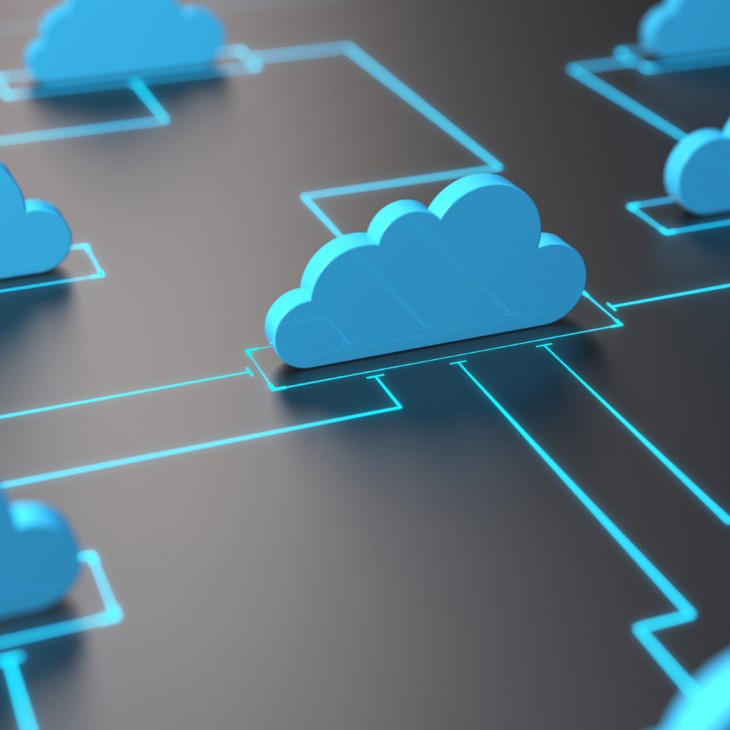
Cloud
Cloud services, including Infrastructure as a Service (IaaS), Platform as a Service (PaaS), Software as a Service (SaaS), and other specialized services such as Database as a Service (DBaaS), Storage as a Service (STaaS), and more.

BigData
Data Engineering is the art of making the available data used in the best way. In this process of building systems, raw data is collected, integrated, refined, and transformed in a way that can be used in analytics, data science, machine learning.
Data Engineers’ core is to make the data useful and accessible so that, the data scientists and analysts can use it to optimize overall performance.

Amazon Web Services (AWS)
The AWS is a service that allows developers to rent resources on the internet. The resources can be servers, databases, storage, applications, and more. Developers often use the AWS to deploy applications in the cloud which are scalable and reliable which can't be done with just a single server or using their own data center without the cost of maintaining it.

Azure Cloud Computing
Microsoft Azure is a cloud computing service operated by Microsoft for application management via Microsoft-managed data centres. Azure provides services like computing, analytics, storage and networking. Users can choose from these services to develop new applications or run existing applications.

Google Cloud Platform
GCP Google Cloud Platform is a comprehensive suite of cloud computing services that includes compute, storage, and networking. GCP is a managed service that provides a scalable, secure, and modern infrastructure for any business.

Artificial Intelligence (AI)
Artificial Intelligence (AI) technology development is a large scale, modern, and secure service for businesses. S4Works offers staffing, resources, managed, and consulting services in order to develop artificial intelligence technology. AI technology is changing the way we work and live. AI is not just a buzzword or an idea anymore. It is an essential part of our future.
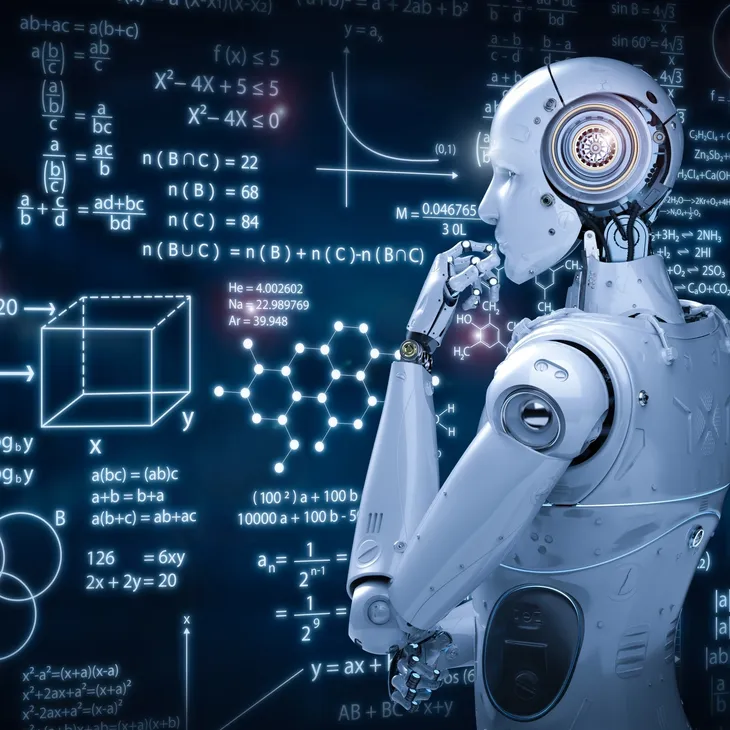
Machine Learning (ML)
Machine Learning (ML) applications development is the process of creating intelligent systems that are able to learn without being programmed. Machine Learning enables software developers to create programs that know how to make decisions based on the data they are given, and eliminates the need for programmers to write specific instructions for how a program should behave.
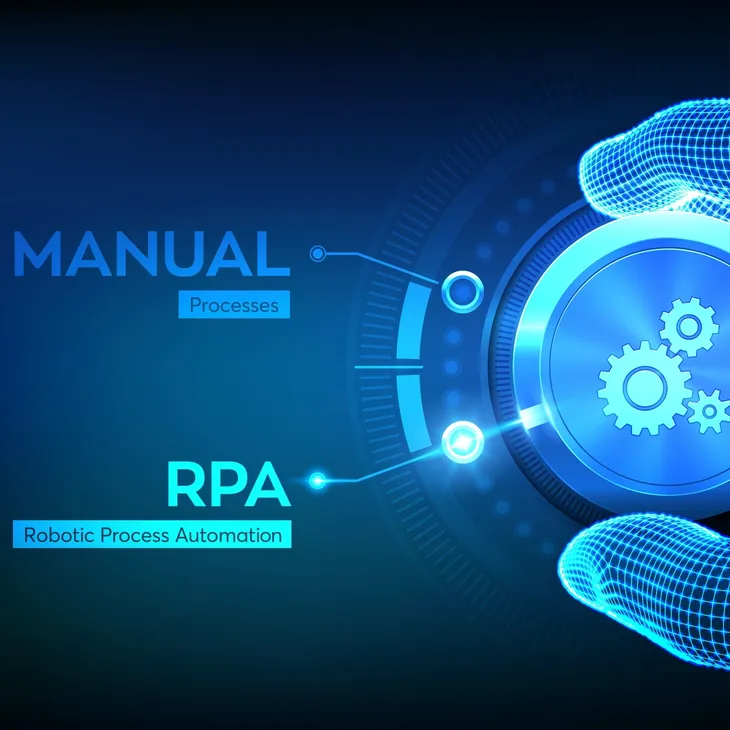
Robotic Process Automation (RPA)
Robotics Process Automation (RPA) is the competitive, cost-effective way to reduce human interaction in tedious and repetitive tasks. The technology takes over the heavy lifting of data inputting and data quality checking. The time savings are significant which means that more people can work on other value-added projects. RPA enables organizations to extend their customer service hours.
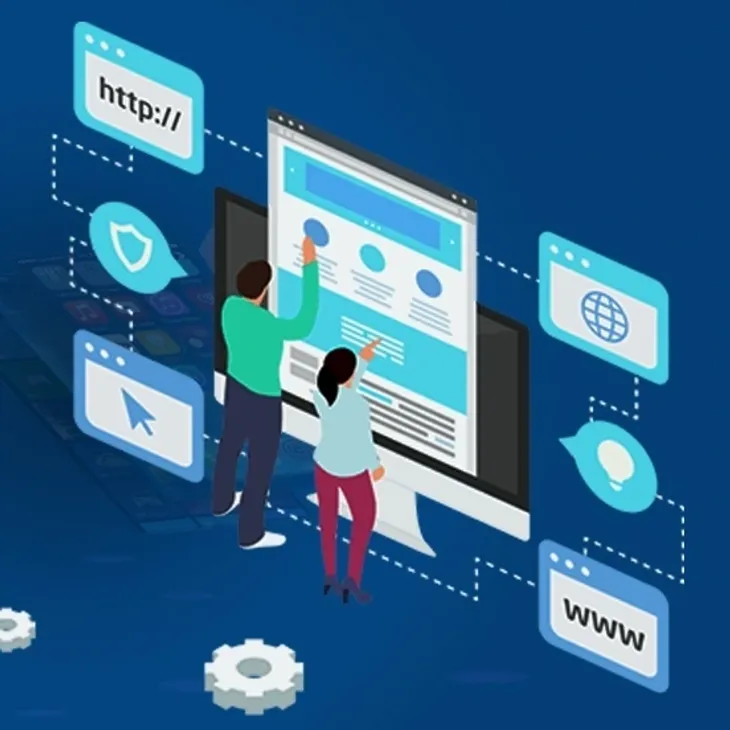
Front-End Engineering
Front-End Developers are the people who design, create, manage, and continually improve the user experience for a product. They work closely with designers to build everything from the first blueprints for a website to the final tweaks made just before launch. They then hand off their work to developers to be built into an interactive prototype.
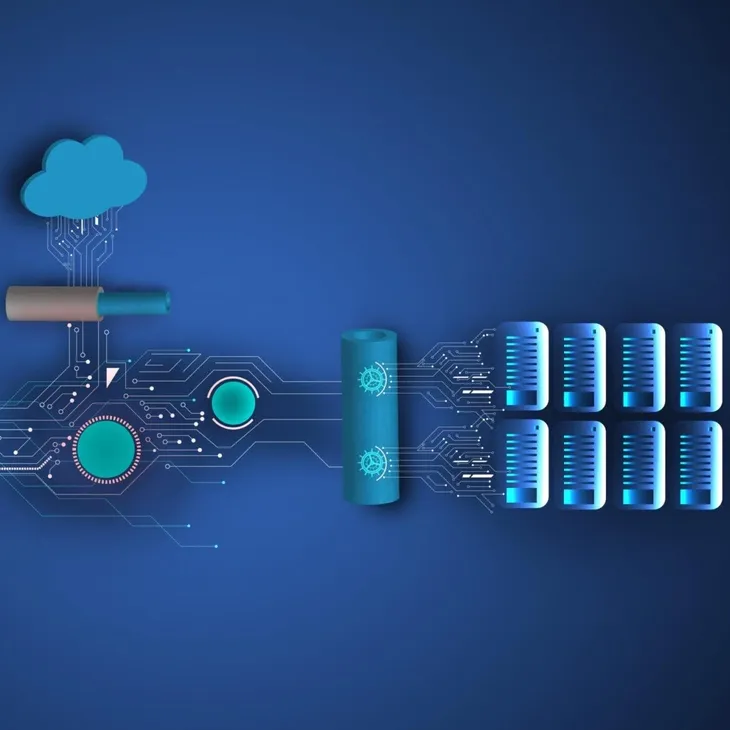
Back-End Engineering
Back-End developers build a micro service architecture that is a distributed and relies on the use of many smaller services which are hosted on different machines. It works by breaking down the application into independent, operationally simple parts which work together to provide the full functionality.
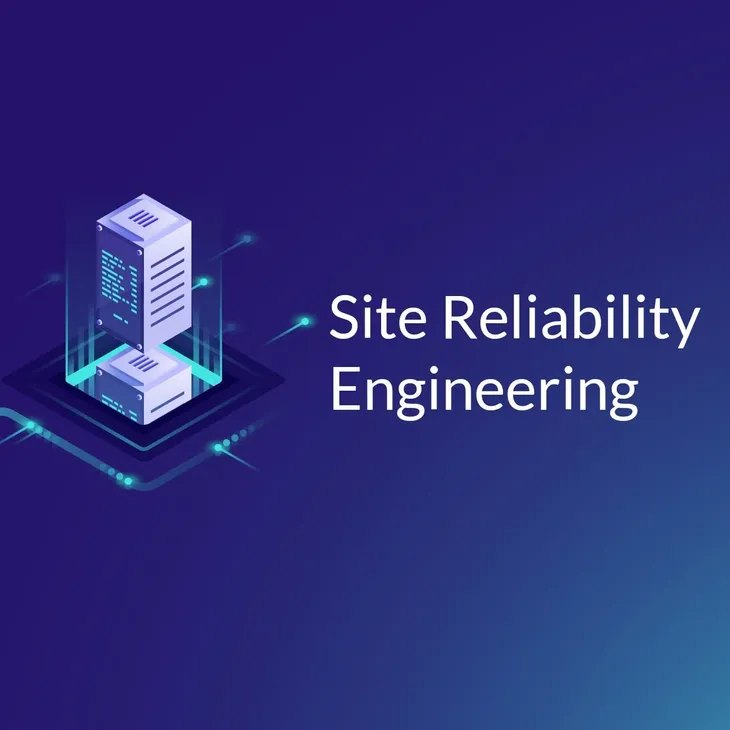
Site Reliability Engineering (SRE)
Site Reliability Engineering (SRE) is the overarching methodology that helps organizations to architect their systems for reliability. It also aims to fix these systems that are already operational in order to prevent outages, which are disruptive events that interrupt the normal operation of a system
